I am pleased to learn that Dr. Priya Sachdeva and Shri Archan Mitra have written a book titled “Metaverse and Media: The Convergence of Reality and Imagination.” This is a courageous attempt to deal with the new and, as yet, little known or understood theme of the Metaverse. On October 28, 2021, the digital world stopped when Mark Zuckerberg announced that he was pivoting Facebook from a social network to the Metaverse—the future of the internet. At the same time, he claimed the next iteration of internet and rebranded Facebook to Meta. Time will tell how successful Zuckerberg will be, but if users and content creators can choose between a world owned and controlled by one person or a world owned and controlled by those creating it, the response is quite clear. For those who have been engaged for long and actively in the highly innovative fields such as computer vision, artificial intelligence (AI), broadband communications, robotics, mobile devices, and more, the Metaverse is not just a concept or a trending word, but the next revolution society will face. And it will be the most profound transformation of humanity, far beyond the industrial revolution, the massive adoption of the automobile, electricity, or the Internet. Metaverse is in fact quite hard to explain since it is not a real thing, at least for now. The term ‘’Metaverse’’ first originated in 1992 in a book called Snow Crash. In it the author outlined a world that had seamlessly connected 3 continents solely with the use of transatlantic cables. In that story, the author called the world “Metaverse” and people living inside it the “avatars.” Although these terms were quite ahead of their time back then, they have set a blueprint for future generations to follow. In general, Metaverse refers to an immersive digital environment where people can socialize, play and work as avatars. With the use of technologies such as virtual and augmented reality, people are allowed to move between different devices and communicate with each other in a 3D real-time virtual environment exactly like living in a sci-fi movie. Ever since the concept of Metaverse was first coined in the 90s, it has been bouncing around the tech world. Later in 2020, the coronavirus pandemic accelerated the interest in the Metaverse as people started to realize they depend on the internet for pretty much everything, from conducting business to buying groceries. vi After the speech of Mark Zuckerberg, “Metaverse” has officially become a buzzword given that this big tech giant seemed to be very devoted to taking fantasy a step forward. If our future is digital, Metaverse is where that future happens. Similar to the former great technological leaps, the development of Metaverse requires new technologies, protocols, companies, innovations and discoveries, which will bring inevitable transformation to human existence, creating countless business opportunities and thousands of well-paying jobs. As forecasted by Jensen Hang, CEO of NVIDIA, “The Metaverse is going to be a new economy that is larger than our current economy.” Recent years have witnessed a meteoric rise in the popularity of the idea of a Metaverse. The possibility that our universe is not the only one out there and that there is another universe within our own has stimulated the interest of millions of people all around the world. The Metaverse is no longer the stuff of science fiction; rapid technological advancement has turned it into a future that is not only feasible but also has the ability to reshape our relationship with the outside world. Concurrently, the introduction of digital media has resulted in a significant paradigm shift within the media industry. The dissemination of news and its consumption has become more decentralized and democratic in recent years as a result of the spread of social media platforms and other internet tools. I would like to warmly commend the authors of the book, Dr Priya Sachdeva and Shri Archan Mitra, for extensively exploring the ways in which the convergence of media and the Metaverse is creating new opportunities for both fields as well as creating unforeseen new obstacles. A collection of articles and case studies have been used to study a variety of topics, including virtual reality reporting, the impact of deep fakes on the credibility of the news, and the potential for immersive storytelling within the Metaverse. It is essential to keep in mind that the Metaverse is still in its infancy and has a long way to go before it reaches its full potential. On the other hand, if we examine the ways in which the media and the Metaverse are beginning to converge, we can catch a glimpse of the future and be better prepared for it. The book investigates the relationships that exist between media and the Metaverse. As increasing number of individuals are spending their time in digital environments, the Metaverse compels us to rethink our comprehension vii of reality and the most effective strategies for communicating it to those people. Through a variety of interviews, case studies, and in-depth research, this book explores the potential of the Metaverse to completely transform the news industry. The Metaverse provides journalists with exciting new ways to communicate with their audiences, such as through virtual press conferences or immersive storytelling. However, to make use of any new technology, one must first face the challenges and risks that come along with it. Concerns with ethics in the Metaverse include the protection of personally identifiable information, the prevention of the dissemination of misleading material, and the accountability of virtual media professionals. This book provides a comprehensive introduction to the Metaverse and its potential impact on media by relying on the knowledge of leading researchers and practitioners in the domains of journalism, media studies, and virtual reality. I would like to warmly compliment the authors for taking up this formidable and arduous task. They have extensive experience in the fields of journalism, media studies, and virtual reality. This is clearly reflected in the depth and expanse of the different themes covered in the book. This book would be immensely useful as a resource for anyone who is interested in learning how the Metaverse may enhance media as also for lay people who are interested in learning about the evolution of the Metaverse thus far and its potential in the short and medium term. It has the possibility to inspire new ideas and innovations. This book is a significant addition to the literature available on this important subject which is bound to become even more relevant in the coming years. viii I wish this bold initiative all success.

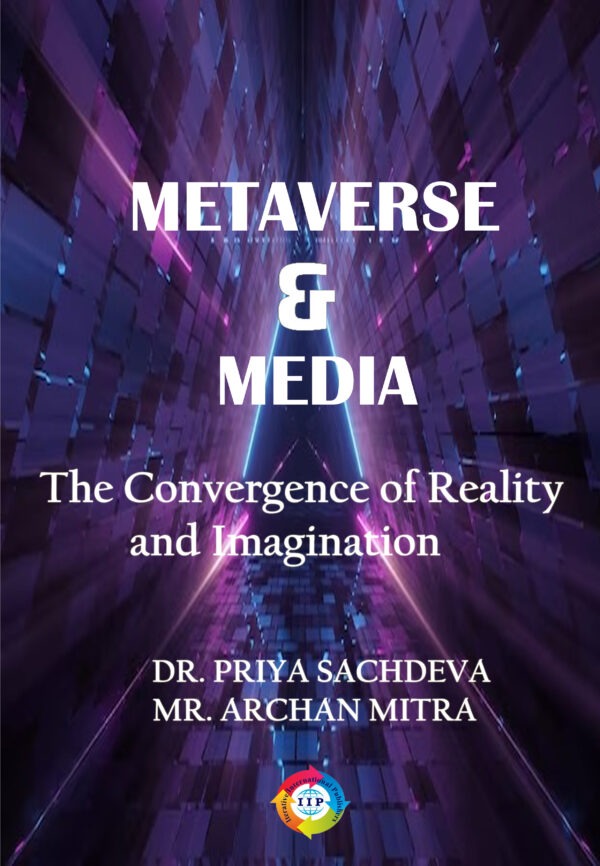
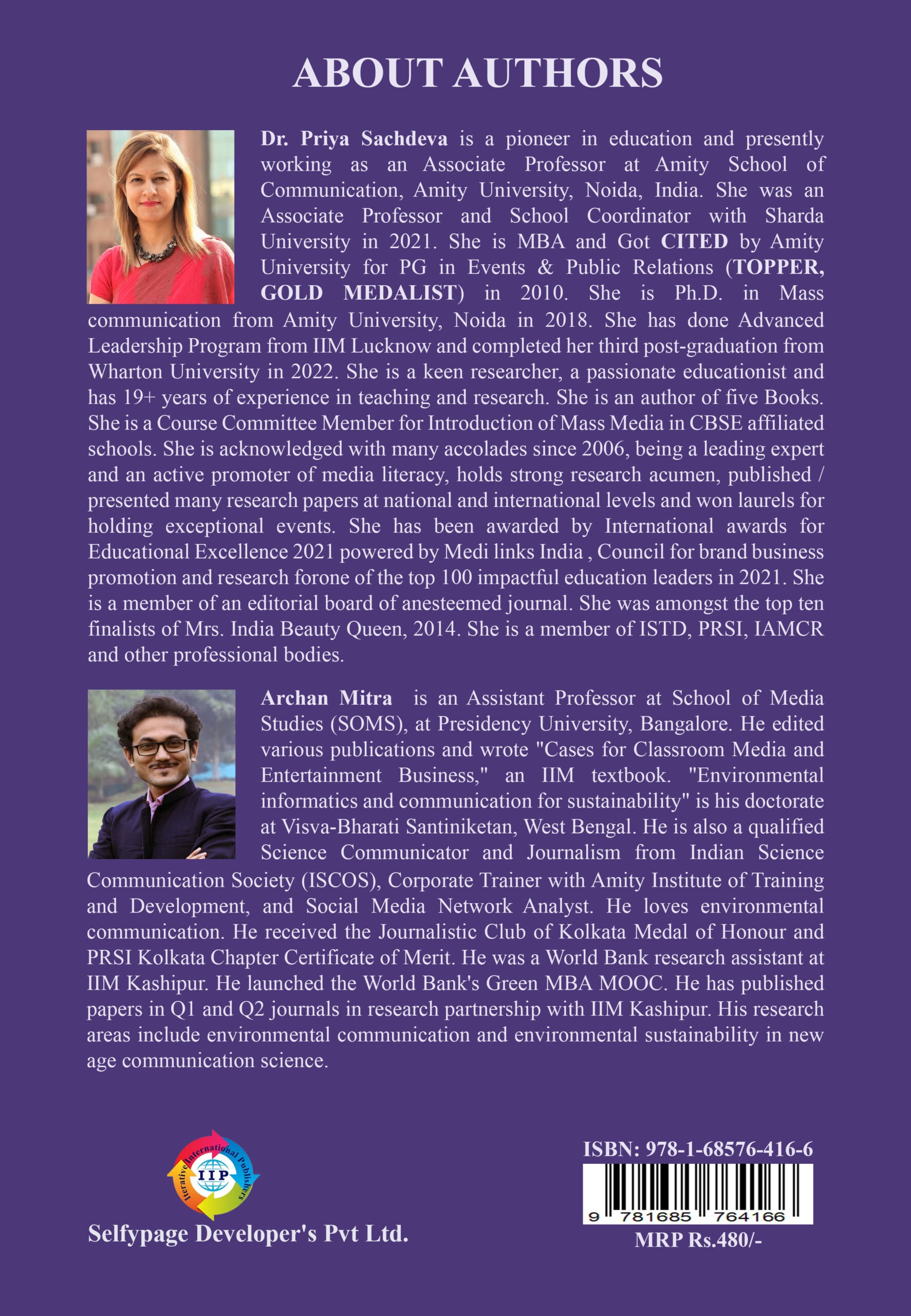
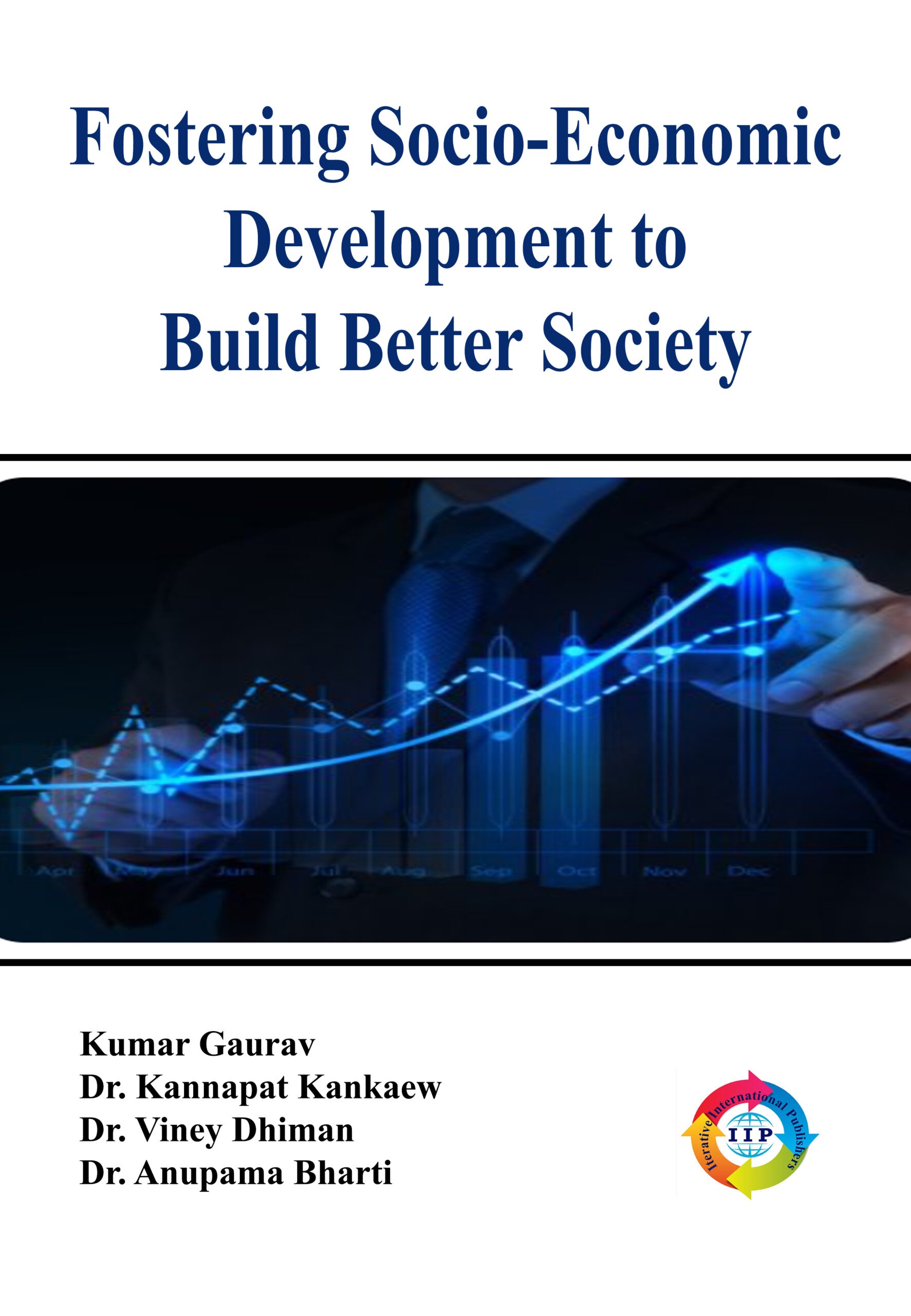
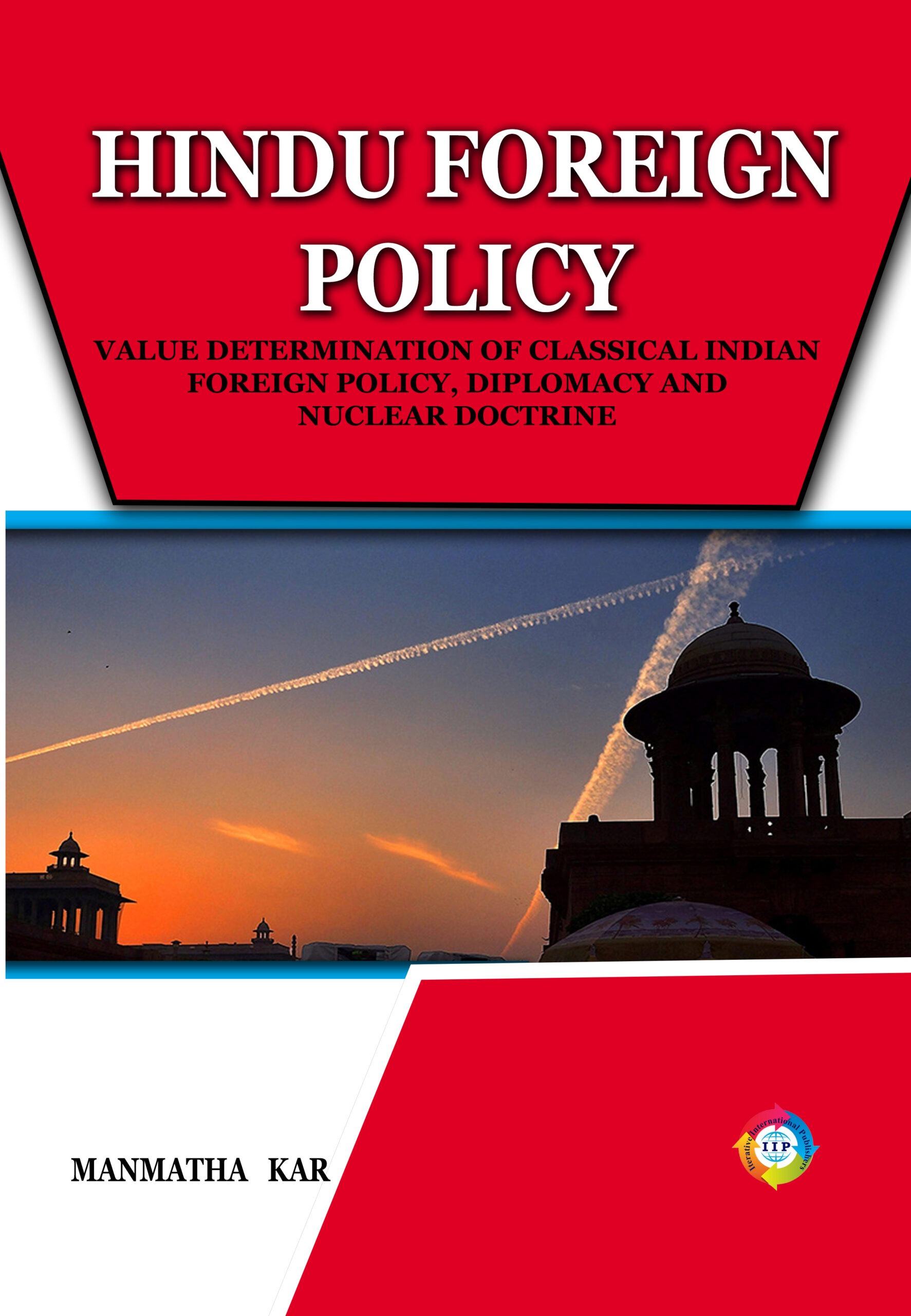
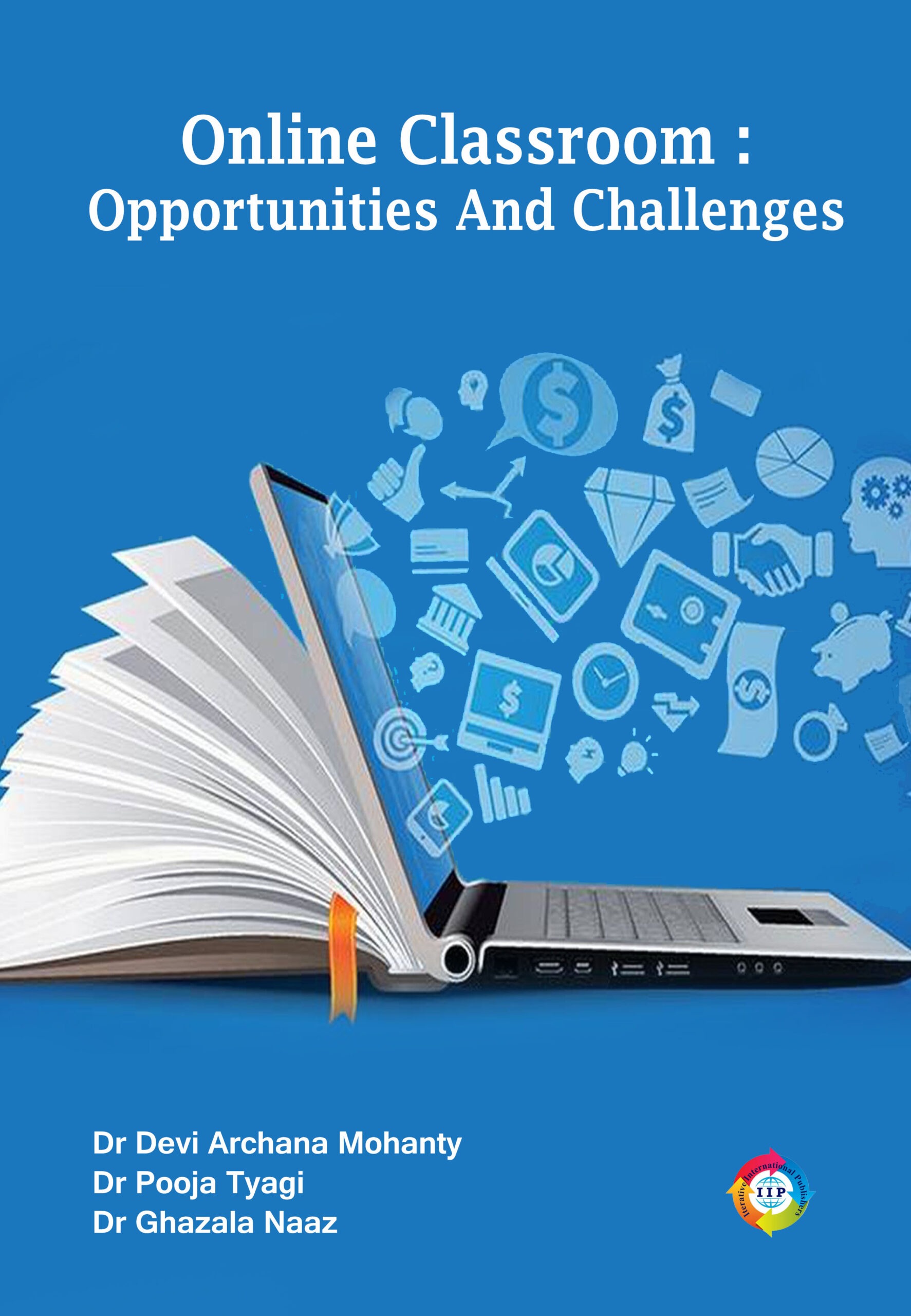

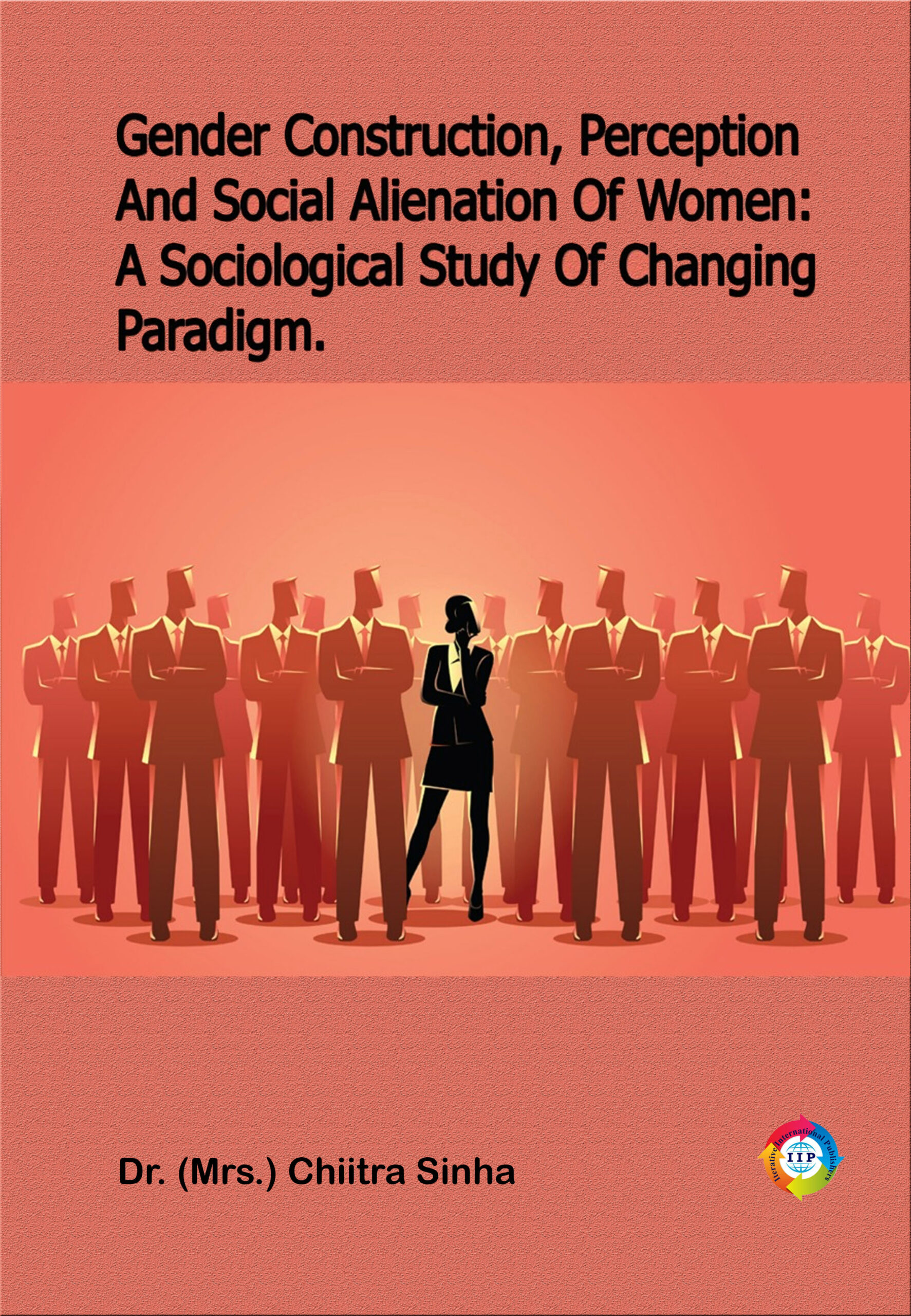
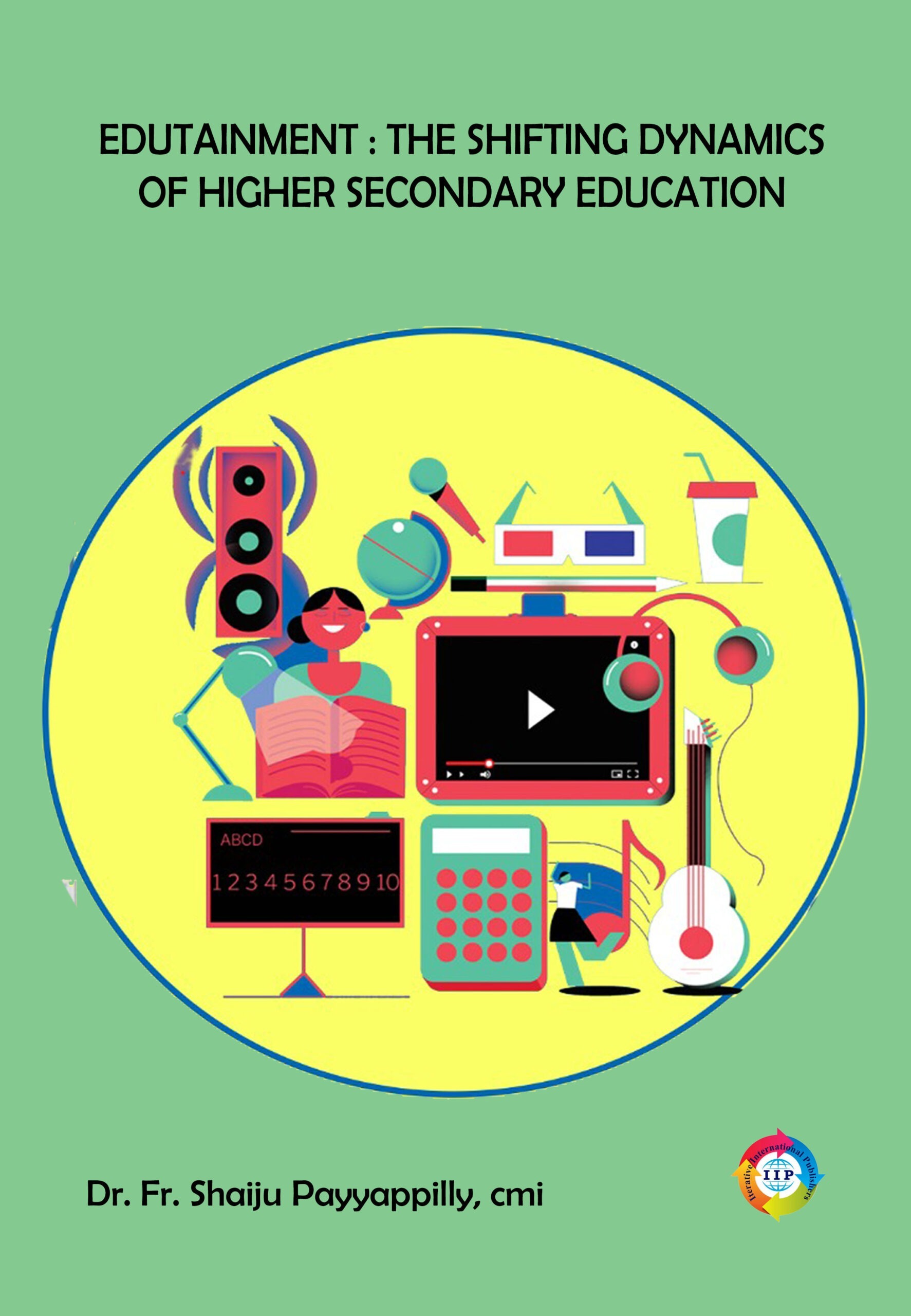
Reviews
There are no reviews yet.